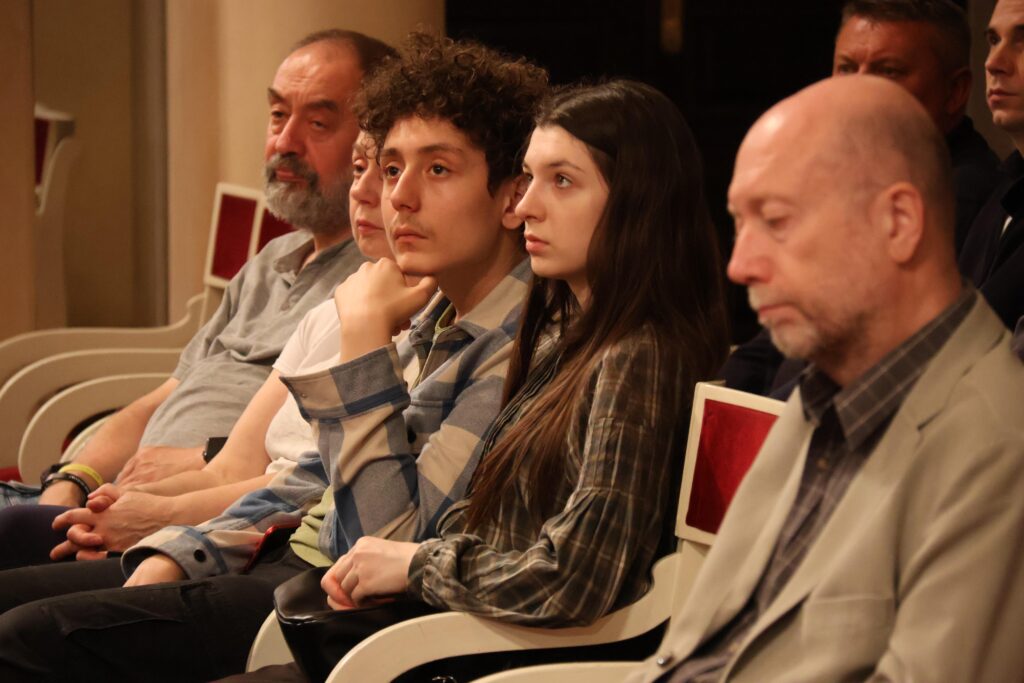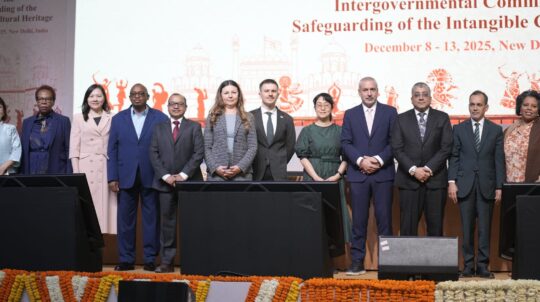On September 29, the Day of Remembrance for the Babyn Yar tragedy, a memorial concert was held at the National Philharmonic of Ukraine, performed by the National Symphony Orchestra of Ukraine. For the first time, the updated version of Symphony No. 1 “In Memory of the Martyrs of Babyn Yar” by Dmytro Klebanov was presented to a wide audience.
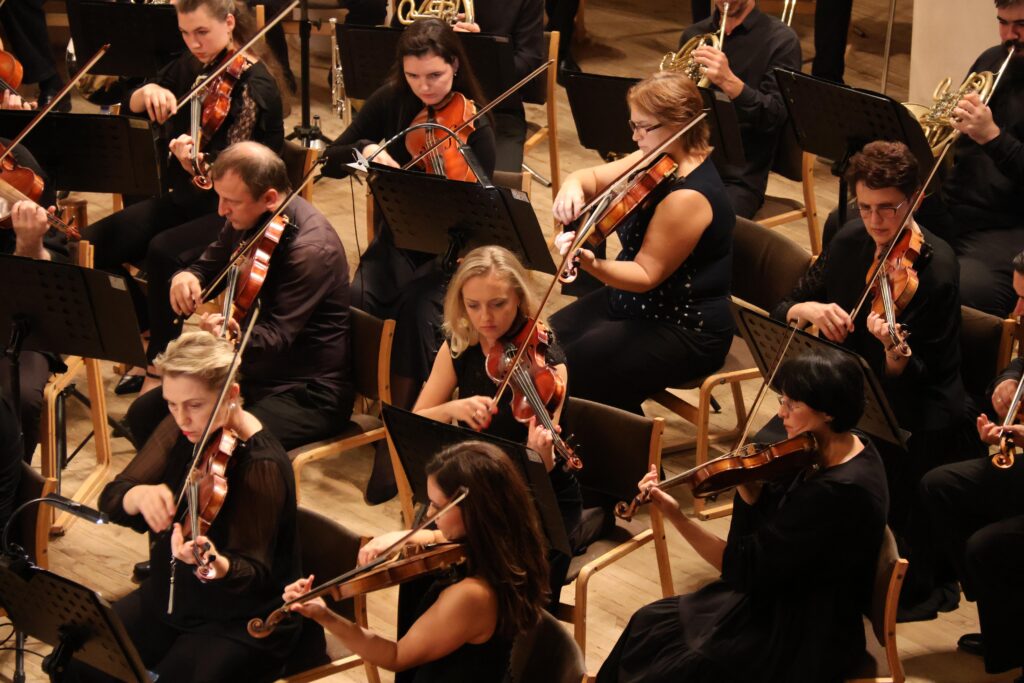
The event was attended by Taras Shevchenko, Deputy Minister for European Integration, and foreign diplomats.
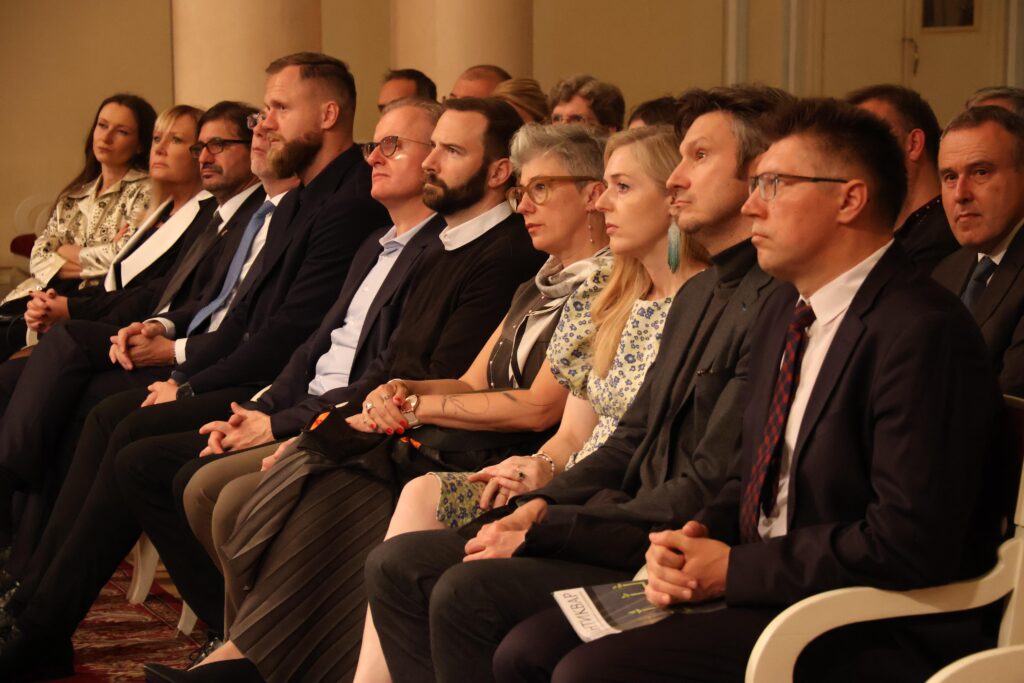
Dmytro Klebanov — a Ukrainian composer of Jewish descent. He completed his work in memory of the victims of Babyn Yar in 1945. It is the first symphony in the world about the Holocaust. However, during the composer’s lifetime, the piece was performed only once, in 1947, in Kharkiv. After that, the symphony was banned, planned performances were canceled, and the composer was accused of formalism.
It was only with the onset of the Thaw in the USSR that performances of the work became possible again. In the late 1980s, conductor Ihor Ihor Blazhkov and the State Symphony Orchestra performed the symphony in Kyiv, and in 2011, it was played in Kharkiv by the Kharkiv National University of Arts. However, both performances were not perfect, as the composer’s manuscript was unavailable, and the musicians used a score copy with numerous mistakes.
In 2024, thanks to the joint efforts of the National Historical Memorial Reserve “Babyn Yar,” Kharkiv National University of Arts – where Dmytro Klebanov taught for many years — and representatives of the musical community, it was possible to obtain a photocopy of the original manuscript and a more accurate handwritten copy. These materials revealed that the composer made significant revisions to the score even after the premiere. Ukrainian composer Oleksandr Shchetynskyi took on the editing and preparation of the musical material for performance.
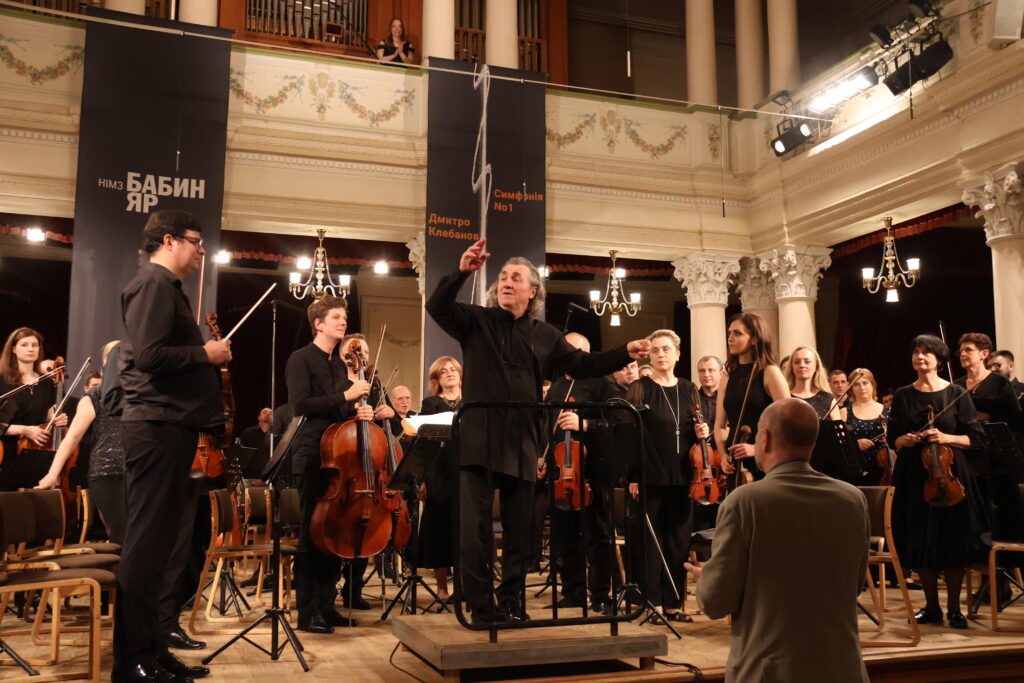
Symphony No. 1 “In Memory of the Martyrs of Babyn Yar” is rich in the folklore of two peoples — Jewish and Ukrainian — making it a previously unknown masterpiece that leaves Ukrainian music history incomplete without it.
